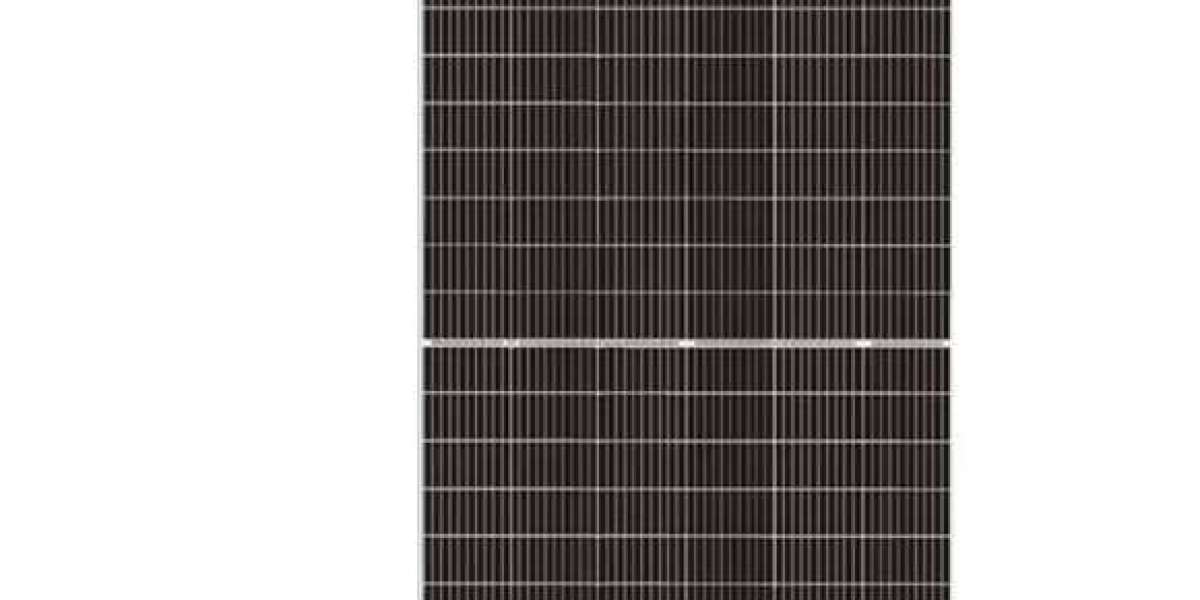How do Solar Panels Work?
Solar panels are an increasingly popular option for powering RVs. But how do they work? Solar panels use the sun’s energy to generate electricity. They are made up of cells that convert sunlight into direct current (DC) electricity.
Most RVs have 12-volt DC electrical systems. In order to use a solar panel, you will need a converter that will take the DC electricity from the solar panel and convert it into alternating current (AC) electricity, which is what your RV needs to run its electrical appliances.
You can either buy a stand-alone converter or get one that is built into the solar panel itself. The advantage of a stand-alone converter is that you can use it with any type of solar panel. The advantage of a built-in converter is that it is usually less expensive than a stand-alone converter.
To calculate the size of solar panel you will need, you will need to know the power requirements of the appliances you want to run and how many hours of sunlight you get per day. The average RV gets about 4 hours of sunlight per day.
There are two main types of solar panels: monocrystalline and polycrystalline. Monocrystalline panels are made from a single crystal of silicon and are more efficient at converting sunlight into electricity than polycrystalline panels, which are made from multiple silicon crystals. However, monocrystalline panels are also more expensive.
How to Choose the Right Solar Panel for an RV Roof
When it comes to choosing solar panels for an RV roof, there are a few things you need to take into consideration. First, you need to decide what type of panel you want. There are two main types of solar panels: monocrystalline and polycrystalline. Monocrystalline panels are more efficient, but they're also more expensive. Polycrystalline panels are less efficient, but they're cheaper.
Once you've decided on the type of panel you want, you need to determine how many watts you need. The size of your RV and the amount of sun exposure it gets will dictate how many watts you need. For example, if you have a small RV and live in an area with lots of sun exposure, you'll need fewer watts than someone with a large RV who lives in an area with less sun exposure.
Once you know how many watts you need, you can start shopping around for solar panels. It's important to compare prices and find the most affordable option that meets your wattage needs. When comparing prices, be sure to look at the warranty and reviews to make sure you're getting a quality product.
Finally, once you've chosen the right solar panel for your RV roof, be sure to follow the installation instructions carefully so that everything is installed correctly and safely.
Solar Panel Kits
There are many different types and sizes of solar panel kits available on the market today. It can be tricky to determine which one is right for your RV, but there are a few key factors to keep in mind that will help you make the best decision.
First, consider how much power you'll need to generate from your solar panels. This will depend on how often you use your RV and what type of appliances and electronics you'll be running off of them. If you're only using your RV occasionally and for basic needs, a smaller panel kit may suffice. However, if you plan on using your RV frequently or for more energy-intensive purposes, you'll need a larger, more powerful kit.
Next, take into account the size and layout of your RV's roof. You'll need to make sure that the solar panel kit you choose will fit comfortably on your roof without blocking any vents or other openings. Additionally, some kits come with special mounting brackets that can help maximize space and sunlight exposure.
Finally, factor in price when selecting a solar panel kit. There are kits available at a variety of price points, so it's important to find one that fits within your budget. However, don't sacrifice quality for price – be sure to read reviews and compare features to ensure you're getting a good value for your money.
With these factors in mind, you should be well on your way to choosing the perfect solar panel kit for your RV!
If you're looking to add solar panels to your RV, there are a few things you'll need to take into consideration before making your purchase. With a little bit of research, you can find the perfect solar panel system for your needs and start generating your own clean energy on the open road.














